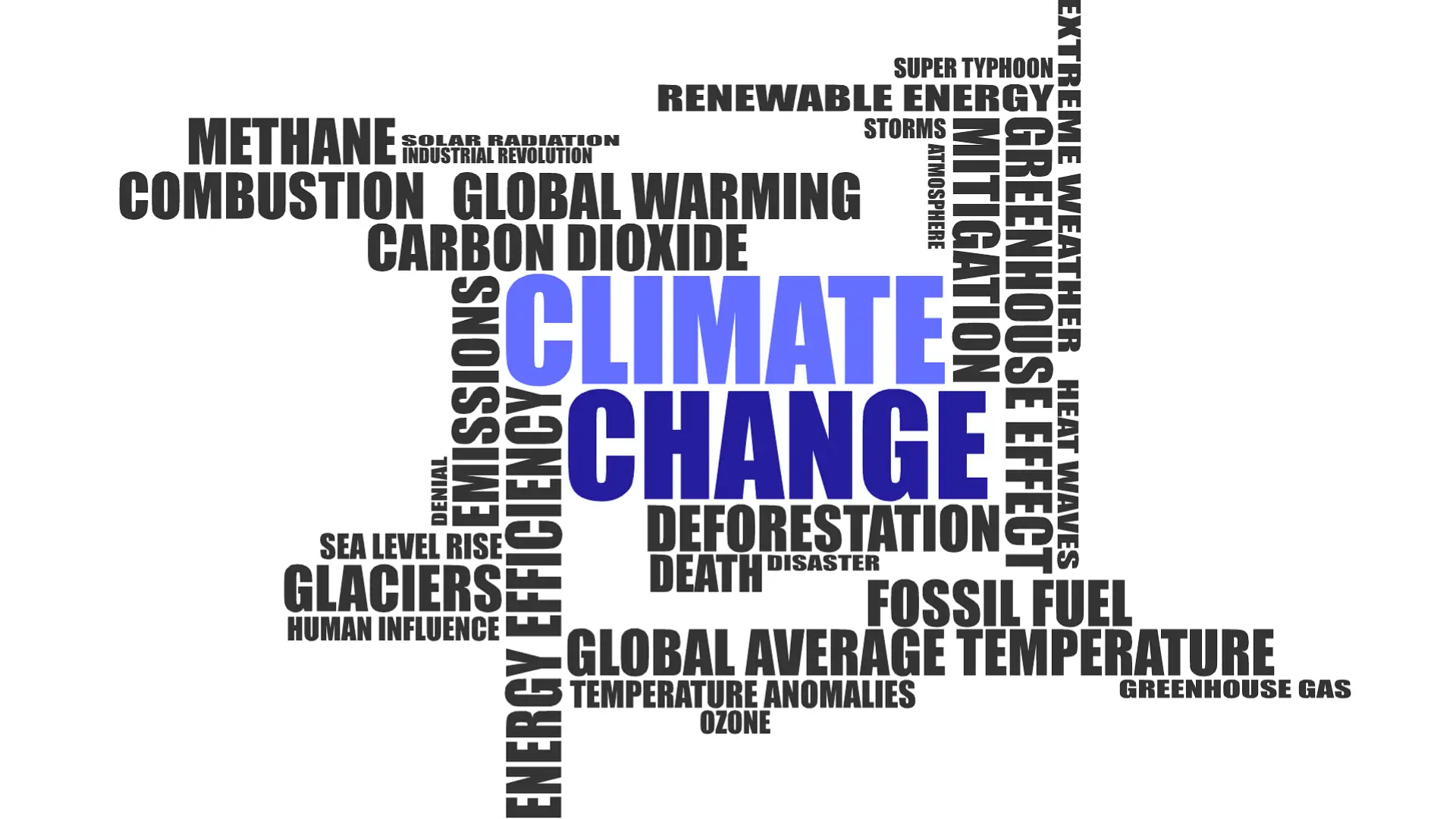Climate change is one of the most pressing challenges of our time, affecting every aspect of life on Earth. Effective communication about climate change is crucial for raising awareness, fostering understanding, and inspiring action among the public.
How we convey information about climate science, its impacts, and potential solutions can significantly influence public perception and engagement.
Communicators must bridge the gap between scientific research and public understanding, ensuring the message resonates with diverse audiences.
Identifying Target Audiences
To communicate effectively about climate change, it is essential to identify and understand the target audiences.
Different groups, such as policymakers, business leaders, educators, and the general public, have varying levels of knowledge, interest, and concern regarding climate issues.
Tailoring messages to address the specific needs, values, and concerns of each audience can enhance engagement.
For example, policymakers may respond well to economic arguments related to climate action, while educators might be more interested in the scientific aspects and implications for future generations.
Simplifying Complex Information
Climate science can be intricate and technical, often creating barriers to understanding. To engage the public effectively, communicators should strive to simplify complex information without compromising accuracy.
Using clear language, relatable analogies, and visual aids can help demystify scientific concepts and make them more accessible.
Infographics, charts, and videos are powerful tools that can convey messages succinctly and memorably, allowing audiences to grasp the urgency of climate change and the importance of taking action.
Utilizing Emotional Appeals
While factual information is vital, emotional appeals can significantly enhance climate change communication.
Engaging stories that illustrate the human and environmental impacts of climate change can create a sense of urgency and empathy.
Sharing personal narratives, testimonials, and experiences from individuals and communities affected by climate change can help audiences connect on a deeper level.
By tapping into emotions such as fear, hope, and responsibility, communicators can motivate audiences to think critically about climate issues and inspire them to take action.
Encouraging Public Participation
Engaging the public in climate change discussions is not just about disseminating information; it’s also about fostering participation. Providing opportunities for individuals and communities to get involved can empower them and create a sense of ownership over climate action.
This can take many forms, including community events, workshops, and social media campaigns that encourage dialogue and collaboration.
When individuals feel their voices are heard and their actions matter, they are more likely to engage actively in addressing climate change.
Leveraging Social Media and Technology
In today’s digital age, social media and technology play a crucial role in climate change communication. Platforms like Twitter, Facebook, and Instagram can amplify messages and reach broader audiences.
Creative content, such as short videos, memes, and infographics, can quickly go viral and generate discussions around climate issues.
Additionally, utilizing online tools and apps can help individuals track their carbon footprints, participate in climate-related initiatives, and connect with like-minded individuals.
Embracing technology allows for innovative approaches to engage diverse demographics and facilitate meaningful conversations.
Building Trust and Credibility
In an era of misinformation, building trust and credibility is vital for effective climate change communication. It is essential to provide accurate, evidence-based information and cite reputable sources.
Engaging respected scientists, organizations, and community leaders in communication efforts can also enhance credibility.
Transparency about uncertainties in climate science and acknowledging differing viewpoints can foster trust. When communicators establish themselves as reliable sources, audiences are more likely to heed their messages and take them seriously.
The Way Forward
As the impacts of climate change become increasingly evident, effective communication will play a pivotal role in driving public engagement and action.
By understanding target audiences, simplifying complex information, utilizing emotional appeals, encouraging participation, leveraging technology, and building trust, communicators can significantly contribute to the global response to climate change.
The path forward requires collaboration, creativity, and a commitment to fostering informed and empowered communities ready to take on this critical challenge.

